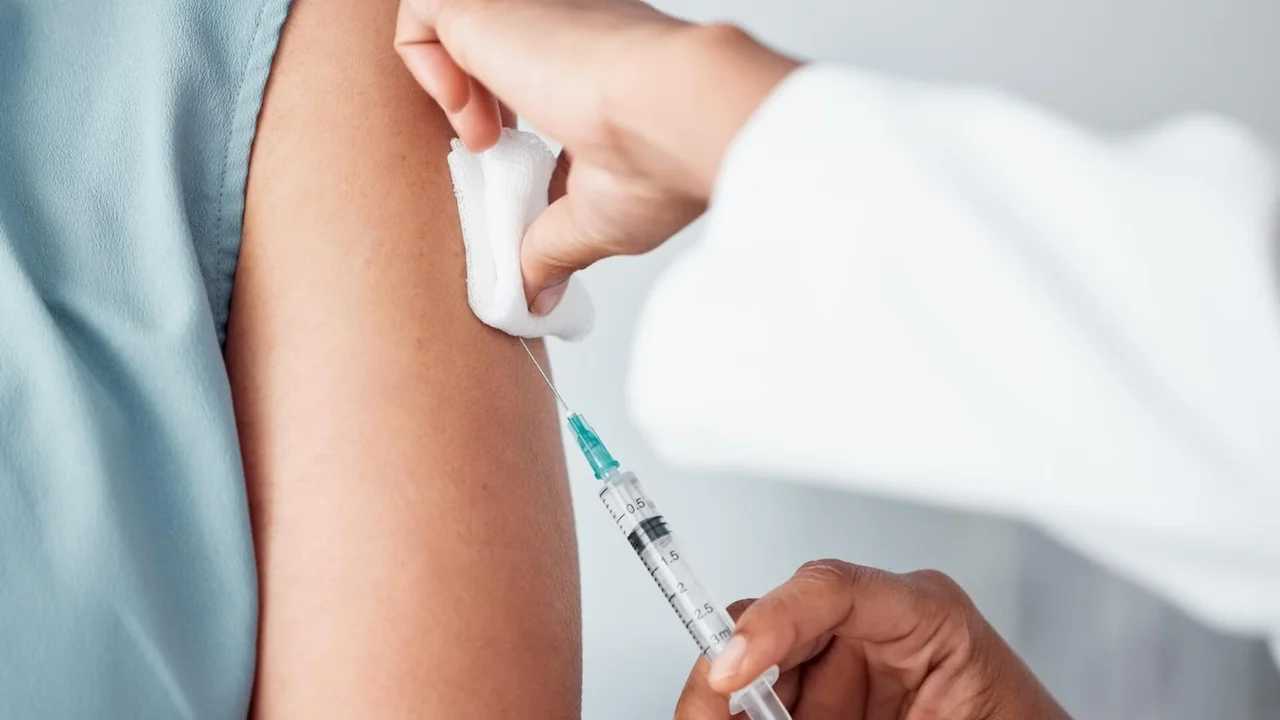
DiYES International School – New COVID-19 Vaccine Guidelines from the Centers for Disease Control and Prevention (CDC) recently updated its recommendations. These new guidelines no longer advise routine vaccination for healthy children and pregnant women. Instead, vaccination decisions now rely on discussions between families and healthcare providers. This shift represents a significant change from previous universal recommendations. Pediatricians and public health experts have expressed concern about the potential impact. Many worry about decreased vaccination coverage and increased vaccine hesitancy. This article explores the implications of these changes and the responses from the medical community.
New COVID-19 Vaccine Guidelines reflect evolving understanding of the virus and vaccines. The CDC made these changes after reviewing current data on vaccine safety and effectiveness. The agency emphasized a more individualized approach to vaccination decisions. Parents are encouraged to consult healthcare providers to assess risks and benefits. However, this change has stirred debate among pediatricians nationwide. They fear confusion among parents and a decline in vaccine uptake. Additionally, some experts worry it could undermine public health efforts to control the pandemic. Despite these concerns, the CDC maintains the changes are based on science and aimed at personalizing care.
The change means fewer children may receive COVID-19 vaccines moving forward. Pediatricians point out that vaccine hesitancy has already increased in recent years. Now, without a clear recommendation, some parents may choose to skip vaccination entirely. This could lead to more outbreaks in schools and communities. Experts also warn about the risks of severe COVID-19 in children with underlying conditions. Without routine vaccination, vulnerable populations may face higher risks. Furthermore, pregnant women, once advised to vaccinate, may forgo protection, risking complications. Overall, the shift may reduce herd immunity benefits in the community.
Healthcare providers now play a larger role in guiding families through complex decisions. Doctors must balance vaccine benefits with individual health factors. They need to spend more time discussing vaccine options and concerns with parents. This requires additional training and resources, according to some pediatricians. Furthermore, doctors must address misinformation that influences vaccine decisions. The absence of a universal recommendation complicates public messaging about COVID-19 vaccines.
“Read about: Innovating for Young Lives: Child Health Technology Conference 2025”
Many pediatricians express worry about the public’s reaction to the New COVID-19 Vaccine Guidelines. They say the policy could fuel vaccine misinformation and fear. Some argue that clear and consistent guidance encourages higher vaccine uptake. When recommendations change frequently, public trust may erode. Others feel the New COVID-19 Vaccine Guidelines put too much burden on families to make complex medical decisions. Pediatricians often serve as trusted sources of vaccine information, but they need support. Professional organizations are calling for better communication tools to assist providers. They also advocate for ongoing research to monitor vaccine effectiveness in children.
On the other hand, some healthcare providers support the updated guidelines. They appreciate the emphasis on personalized care and shared decision-making. These providers believe that parents understand their children’s health best. They argue that individualized conversations foster trust and informed choices. This approach may also reduce pressure on families hesitant about vaccination. Overall, the medical community remains divided on the best path forward. The CDC’s decision reflects evolving science but raises new challenges.
“Read more: Waterproof Storage Cabinets: Protecting Your Belongings from Moisture and Dust”
The new guidelines signal a shift in the approach to pediatric COVID-19 vaccination. Ongoing monitoring of vaccination rates and COVID-19 cases will be crucial. Public health officials must address vaccine hesitancy through education and outreach. Collaboration between healthcare providers, schools, and communities will be vital. Pediatricians will continue to advocate for the health and safety of children. Research on vaccine safety, effectiveness, and COVID-19 impact in children remains essential. Future updates to the guidelines may occur as new evidence emerges. Meanwhile, families and providers must navigate this complex landscape together.